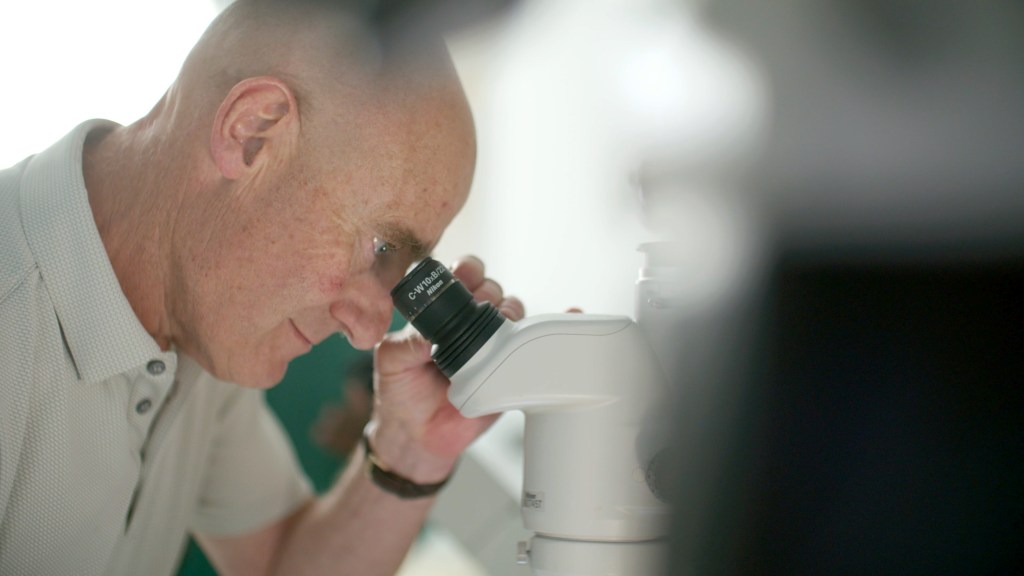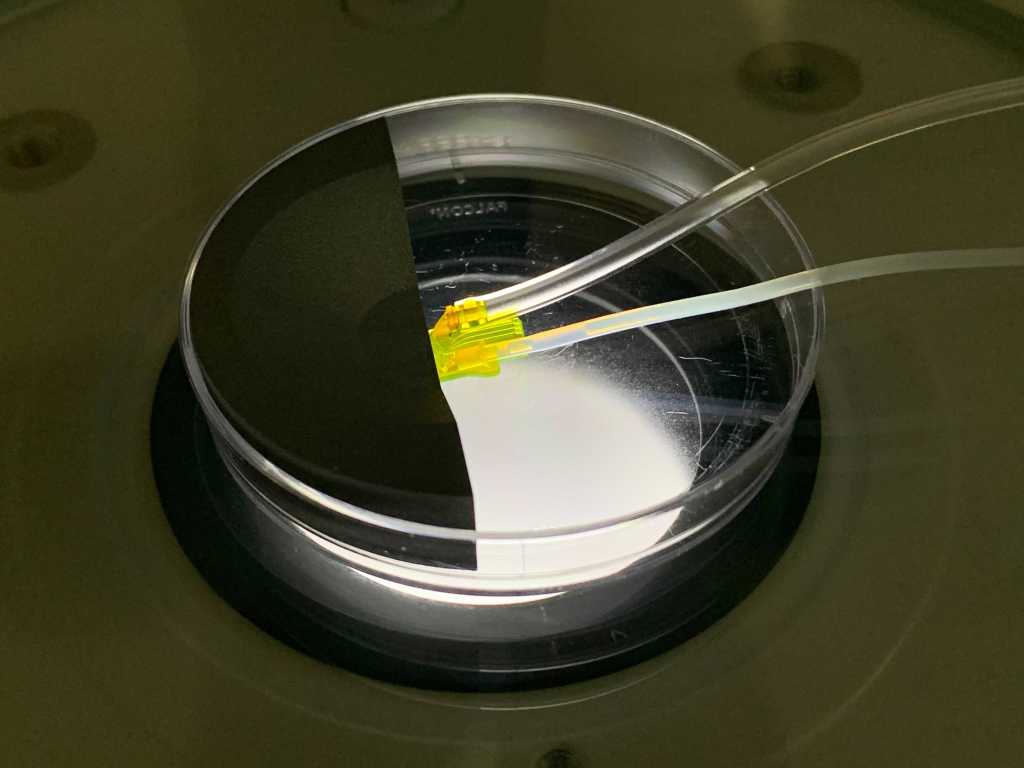Research published reveals Fertilis device improves embryo quality and allows for the automation and standardisation of IVF.

A scientific research team at medical technology company Fertilis, has published new research, which shows that its micro-device improves embryo quality and allows for the automation and standardisation of IVF.
The Australian company, which is backed by Horizons Ventures and led by a globally recognised team of scientists and embryologists, is aiming to remove the risk and variability that is inherent in traditional IVF treatments.
Global fertility rates have plummeted by 50% over the past 70 years, and recent reports highlight a similar decline in male fertility alone.
Despite existing for decades, IVF remains a complicated process with many variables that can impact its success rates. Fertilis’ microICSI device can double clinic capacity and its microIVF device can reduce the number of IVF cycles required to get pregnant by up to 40%, the company says.
“As global fertility rates continue to decline, we are going beyond what anyone else has attempted before to help clinics and their patients. With this micro-technology, embryologists can harness the advantages of automation in IVF for the first-time,” says Professor Jeremy Thompson, Lead Researcher and Co-Founder of Fertilis.

“By creating incredibly small and retrievable culture vessels, individually connected with fluid channels, IVF labs can now control nano litre flow rates per minute or even per hour. At the same time, embryologists can also access the cells or embryos at any stage of growth. In combining these capabilities, we are standardising embryo culture to drive the next generation of IVF.”
Horizon Ventures was the lead investor in a $2.75 million seed round announced a year ago. Fertilis, founded in 2019 by Professor Thompson and entrepreneur Marty Gauvin, has its headquarters in Adelaide and its 3D printed medical technology has been more than 20 years in the making.
In the late 1990s, Professor Thompson first developed an idea to automate IVF. During a sabbatical at RMIT University (Melbourne) and the University of Melbourne in 2017, Professor Thompson collaborated with co-members of the Centre for Nanoscale Biophotonics to develop his micro pod design, which was ultimately created using a micron-3D printer.
Through work with Professor David Gardner’s team at the University of Melbourne, the technology evolved, and Gauvin joined Fertilis as CEO in 2019 to help commercialise the pioneering technology. Professor Thompson is Chief Scientific Officer at the company.
Where other companies have focused on improving the selection of the best embryo for implantation, the Fertilis devices improve the quality and quantity of embryos.
The specific design of Fertilis’ device facilitates an environment which more closely mimics conditions in the human body. It creates a consistent and regulated low flow rate of embryo culture medium, a nutrient rich fluid needed for cell growth, into each of the cradles.
This enables embryologists to not only increase capacity but also reduce variability and risk of human error, improve embryo quality through monitoring and managing their growth environment, and increase the chances of successful implantation for pregnancy.
The company will enter global clinical evaluations in 2023.